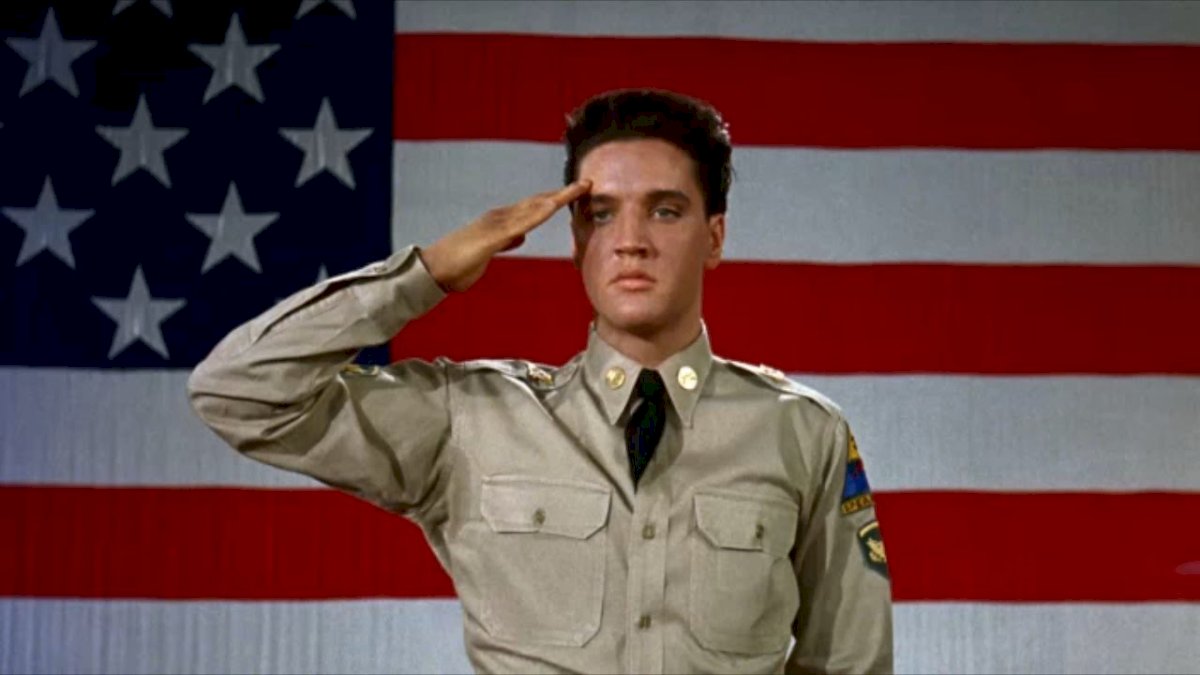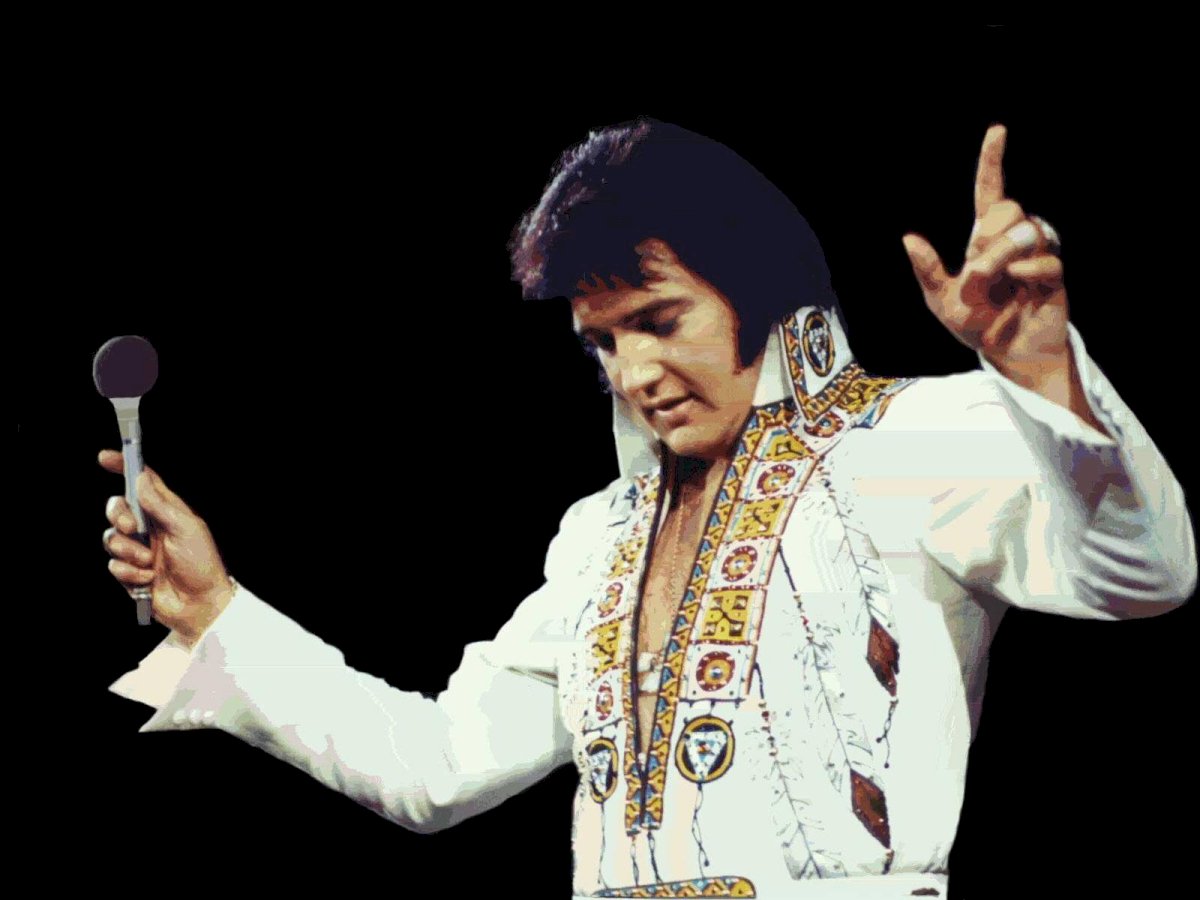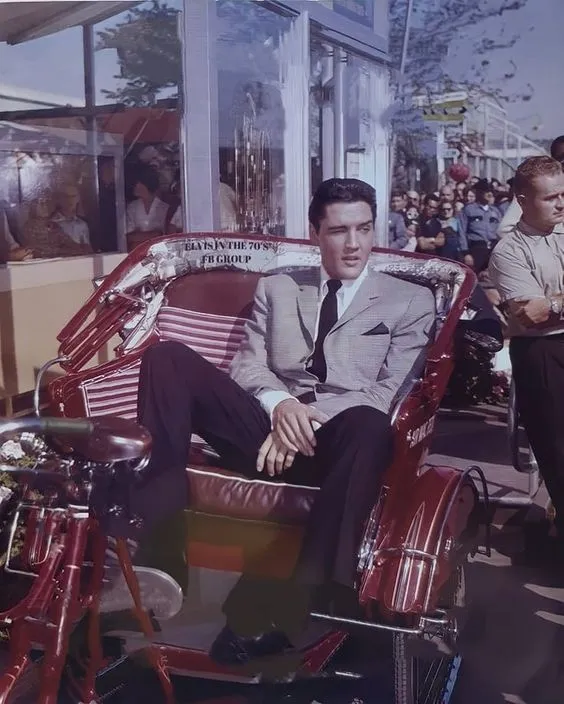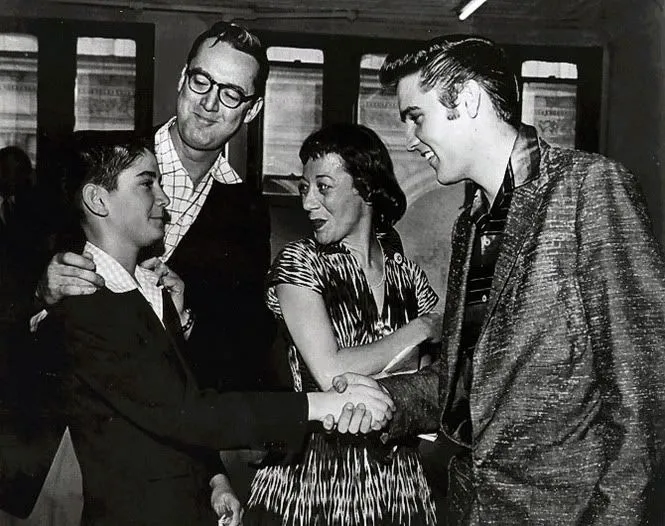Elvis Presley's reign as the King of Rock and Roll wasn't without its stumbles. The 1960s saw him shift focus to Hollywood musicals, and while commercially successful, these films didn't showcase his electrifying stage presence. However, by 1974, Elvis was back on the road, and one of his most memorable stops was a return to the Houston Astrodome, the "Eighth Wonder of the World." This wasn't Elvis's first rodeo at the Astrodome; he'd shattered attendance records there in 1970. But the 1974 shows held a different significance, marking a period of renewed energy and artistic exploration.

Elvis arrived in Houston on March 3rd, 1974, fresh off a successful season in Las Vegas. Colonel Tom Parker, his ever-ambitious manager, saw the Astrodome as a chance to capitalize on Elvis's resurgent popularity. This time, however, the shows were not just about spectacle. Elvis and his band, the TCB (Taking Care of Business) band, were firing on all cylinders, delivering a setlist that balanced classic hits with newer material.
The Astrodome, a massive domed stadium designed for baseball, presented unique challenges. Unlike the intimate nightclubs where Elvis rose to fame, a strong connection with the audience spread far and wide was crucial. To bridge the gap, the stage design relied on a powerful sound system and dazzling lighting. Elvis himself, a charismatic force on stage, captivated the audience with his energetic performance and trademark moves. Gone were the karate flourishes of the previous shows; instead, a more focused and mature Elvis took center stage.

The setlist itself reflected this evolution. Elvis belted out fan favorites like "Hound Dog" and "Can't Help Falling in Love," but he also incorporated newer songs like "Polk Salad Annie" and "Why Me Lord?" This blend of old and new resonated with the audience, a mix of die-hard fans and those rediscovering Elvis's music.
The 1974 Astrodome shows weren't just about music; they were a cultural phenomenon. Elvis was a symbol of a bygone era, a time of innocence and rock 'n' roll rebellion. The concerts offered a chance to relive those moments, but also to witness Elvis's artistic growth. Newspapers across the country hailed the shows as a triumphant return, further solidifying his cultural relevance.

These shows also held a personal significance for Elvis. He was known for his struggles with weight and prescription drug use in the early 1970s. However, the Houston concerts showcased a man seemingly re-energized. His voice was strong, his movements energetic, and his connection with the audience undeniable. It was a glimpse of the "old" Elvis, the charismatic performer who had captivated the world a decade earlier.
However, the story doesn't end on a purely celebratory note. The pressures of constant touring and the Colonel's management style would undoubtedly take their toll on Elvis in the years to come. Health problems would become a recurring issue, and the spark seen in Houston wouldn't always be present.

Despite the future challenges, the 1974 Houston Astrodome shows remain a pivotal moment in Elvis Presley's career. They marked a period of artistic reawakening, a time when the King of Rock and Roll reconnected with his music and his audience. The energy, the enthusiasm, and the sheer musical talent on display cemented his lasting legacy. The Astrodome may have been a massive stadium, but for those two days in March 1974, Elvis Presley reigned supreme, proving once again his undeniable charisma and enduring influence on the world of music.





